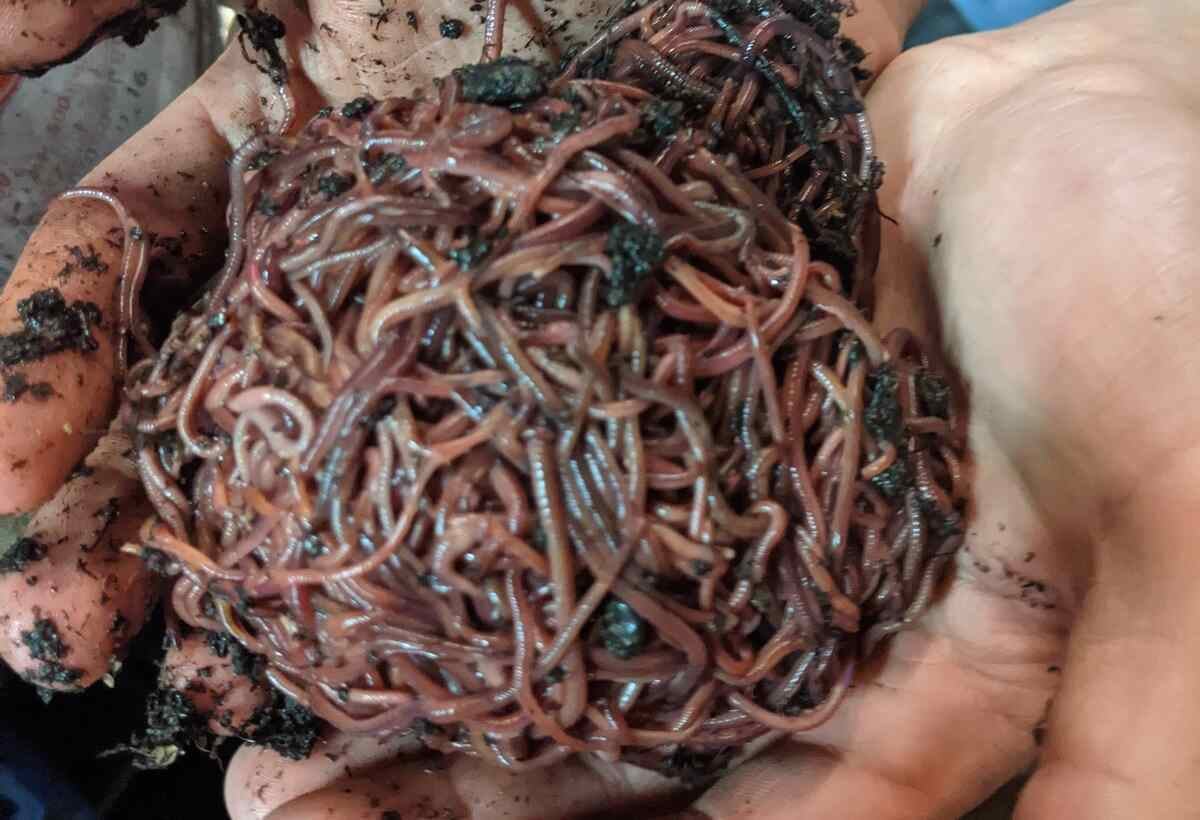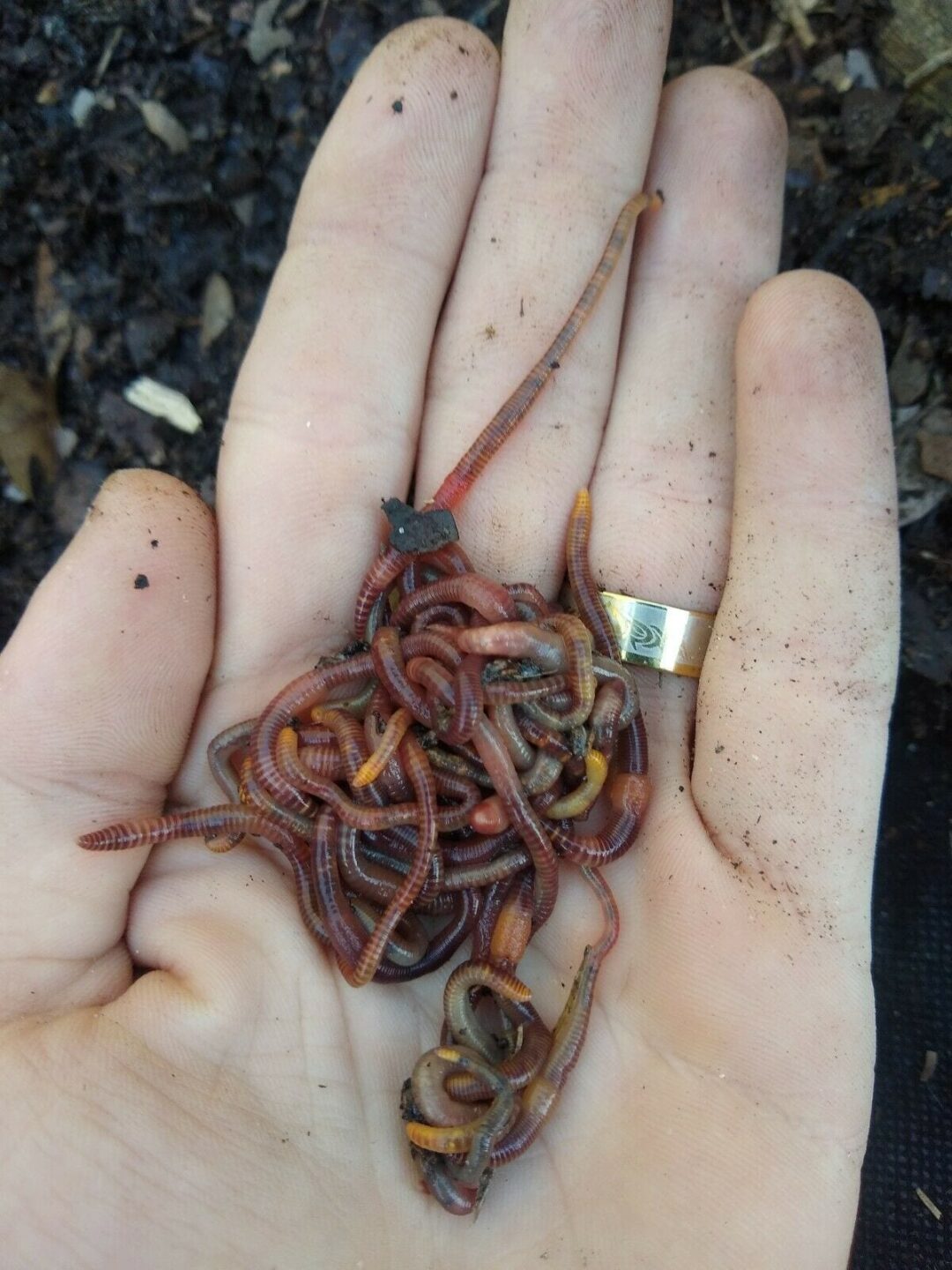The 3-Minute Rule for Red Wiggler Express
The 3-Minute Rule for Red Wiggler Express
Blog Article
4 Easy Facts About Red Wiggler Express Shown
Table of Contents4 Simple Techniques For Red Wiggler ExpressThe Best Guide To Red Wiggler ExpressWhat Does Red Wiggler Express Do?Red Wiggler Express for Beginners
With the global push for sustainability and with eco-friendly techniques expanding in popularity, individuals are lastly coming around and acknowledging the environmental advantages of red wiggler worms and composting. In this article, we'll review how vermicomposting supports sustainable gardening and the environmental benefits of red wigglers and various other earthworms.
This is the brief of it. If you want to review in-depth about red shakes, we have a whole article committed to them below. Now, let's obtain right into the nitty-gritty of exactly how these worms support lasting gardening methods and benefit the environment: Worm composting resembles a health club day for your dirt.
When incorporated into your yard dirt, these castings improve its structure, aeration, and water retention. This aids with plant growth and health and does not call for the usage of any type of chemicals. Did you understand that natural waste makes up a considerable part of land fill product?
By diverting your kitchen scraps and lawn waste right into a worm composting container, you're effectively lowering the amount of organic waste that winds up in landfills. It's a great deal for your garden and the planet. Forget concerning chemical fertilizers worm castings are the real bargain. They're chock-full of essential nutrients like nitrogen, phosphorus, and potassium.
Some Ideas on Red Wiggler Express You Need To Know

Keep the bin in an amazing, shady spot to avoid getting too hot. Mix the nutrient-rich worm spreadings right into your yard soil or use them as a leading clothing for potted plants. You'll discover healthier, better plants quickly! It truly is as straightforward as that. In a world where sustainability is ending up being increasingly important, red wigglers beam as unhonored heroes of gardening.
Composting might appear like old information, yet doing it with a bin filled with worms most likely doesn't. Red wiggler worms provide terrific advantages to the natural garden enthusiast, creating both an all-natural fertilizer and an efficient chemical. And they consume your cooking area scraps. The worth of red wigglers, a.k (Red Wiggler Express).a. Eisenia fetida, lies in their waste matter, known as worm castings.
Worm castings might be acquired at shops such as SBS in Winery Place or Vineyard Gardens in West Tisbury, yet to increase the worms in a compost bed and harvest your own spreadings is a lot a lot more fun. The job of these worms is an element of lasting living. Red wigglers are indigenous to steed manure, where they delve to lay eggs.
About Red Wiggler Express
(https://www.aquarius-dir.com/Red-Wiggler-Express_456954.html)They can not make a great deal of it." He covers the container with straw, then a piece of old carpet. "They like the warmth," he states. Lynn clarifies the production of spreadings and two usages: as a fertilizer and as a pesticide. "They digest decomposing matter. It travels through them and includes calcium to make this rich earth," she says.
"I did it to see if it would make a difference on white flies and aphids. The red wiggler is a prodigious breeder, laying eggs as often as once a week - Red Wiggler Express.
It takes three to 5 months for a child worm to reach sexual maturation and the adult size of three inches. Their lifetime is 4 to 5 years unless certainly they are made use of for bait. As freshwater fish lure, wigglers agonize on the hook and endure underwater longer than conventional earthworms.

The smart Trick of Red Wiggler Express That Nobody is Talking About

A number of years ago the Stelle family members relocated into an Edgartown fixer-upper ranch. "I desired to enter into farming with things that didn't need to be tended to day-to-day like a cow. We were presented to worm farming and started with 50,000 worms. That sounds like a lot, but they're very tiny." She originally acquired her worms online from a worm farm in Vermont.
As one of the Epigeic class of compost worms, the usually does not show up in dirts. Rather, it grows within the soils of leaves trash, manure, and decaying plant life. The worm is red or reddish-brown in color and has a smooth, cylindrical form. The clitellum, or saddle-like reproductive gland, lies about two-thirds of the method down the worm's body.
A red wiggler worm can expand up to four inches in size but is usually just about two and a fifty percent inches. The worm has a little mouth situated at the front of its head. It also has little bristles, called setae, which help the worm step and anchor itself to surface areas.

Report this page